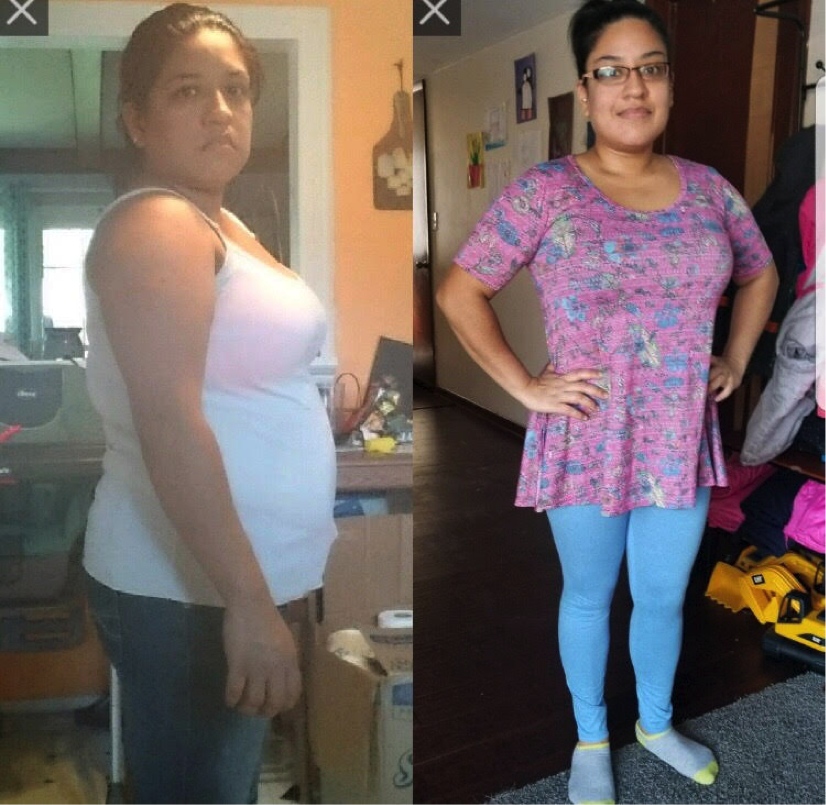
Why The Scale Is Not Always The Best Way To Measure Progress
Jun 25, 2018 mindpumpWe all hate stepping on the scale.
No matter your goals, losing or gaining weight, the scale most always pisses ya off.
Why though?
Because the number you’re looking at isn’t the number you want to see.
You correlate a specific number (your goal weight) with looking and feeling a certain way. And right now you’re not getting any closer to that number.
But wait. If you’re associating a number with a specific look or feeling, then your real goal is the look, right? So If you look better and feel better, does the scale really matter?
Hmmmmm…
Thing is, the scale isn’t always a great way to measure progress.
This is especially true if you haven’t spent a lot of time in the gym.
If you’re new to working out, you’re going to build muscle quickly. Pounds of it.
You’ll most likely be losing fat at the same time, but due to the increase in muscle, your weight could stay the same. Or even go up.
But regardless of weight, your body composition will have improved. You have more muscle and less fat. You’ll look and feel better. That’s a very positive change.
So does the weight being the same mean that you didn’t make progress? Not at all.
To illustrate this point, I often show this picture of my client Cristina.
Guess the weight difference from left to right.
Ready?
Cristina is only five pounds lighter in the right picture.

But her transformation is drastic. She lost eight inches off her waist. She also went from having very little muscle, to being able to squat and deadlift hundreds of pounds.
Crazy changes. She’s clearly lost a lot of body fat, and built a lot of muscle.
But if the scale was her measure of progress, she’d believe she’s barely changed.
Muscle building aside, body weight fluctuates quite a bit over the course of a day. You’re a few pounds heavier most evenings, due to what you’ve eaten, drank, exercise, etc.
For women, hormonal fluctuations also cause you to hold on to more water, in turn making your weight rise.
What To Focus On Instead
Measurements: Measuring tape or various body fat assessments. Taking regular body measurements is a better way to determine if you’re losing fat. If measurements are moving in the right direction, don’t worry about the scale.
Visual changes. Take progress photos. Is there visual progress? Do you look better in the mirror?
Biofeedback. Are you sleeping better? Increased libido? Better energy? You’re making progress.
Behavior changes. Honestly, progress will rarely be as quick as you want it to be.
Focus on behaviors, not outcomes. If you’re always fixated on where you want to be, you’ll never be happy with where you’re at. You can’t force your body to lose weight any quicker. You can focus on hitting your calorie goal for today, or being more active.
Focus on behaviors, the things you can control. The outcomes you want will come in time.







